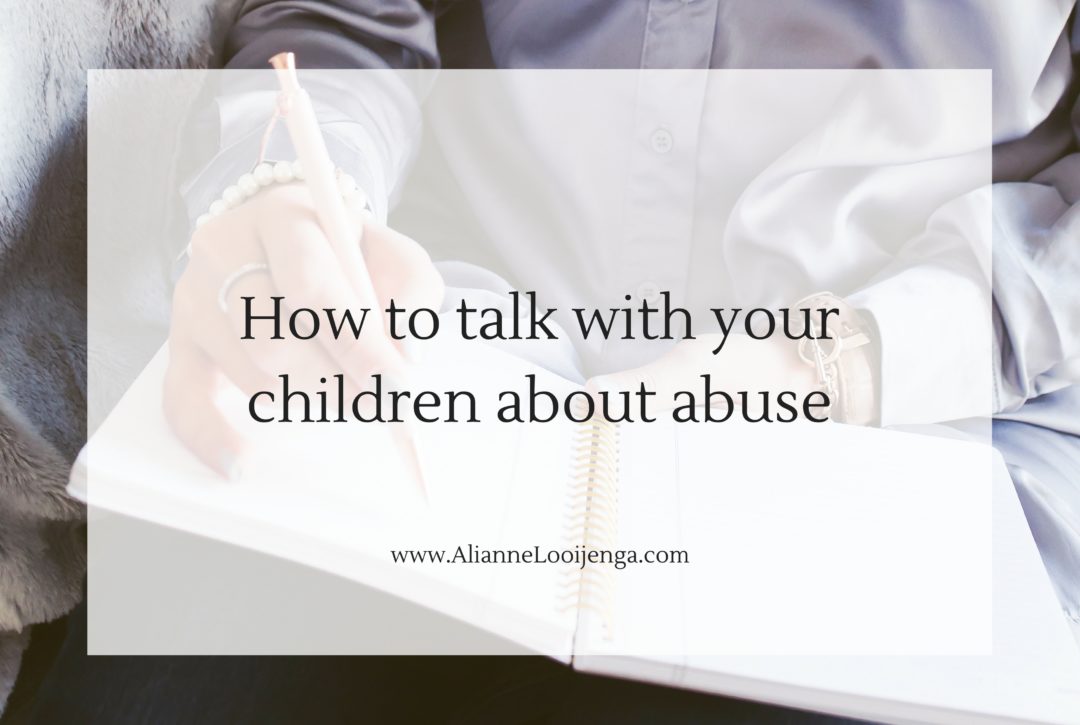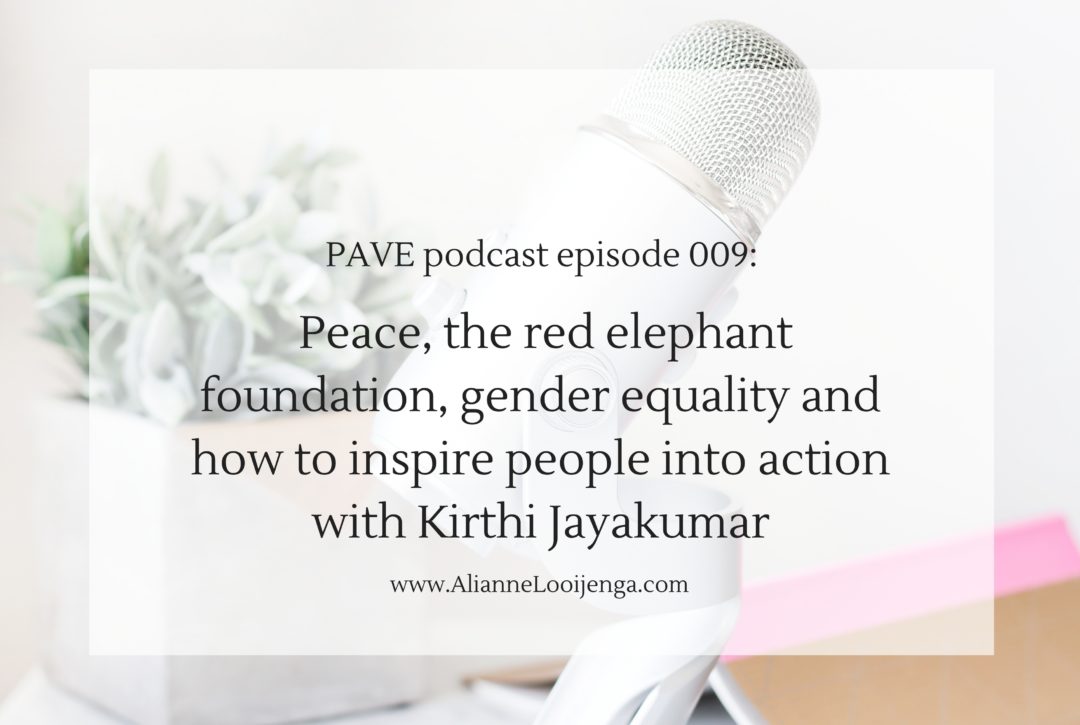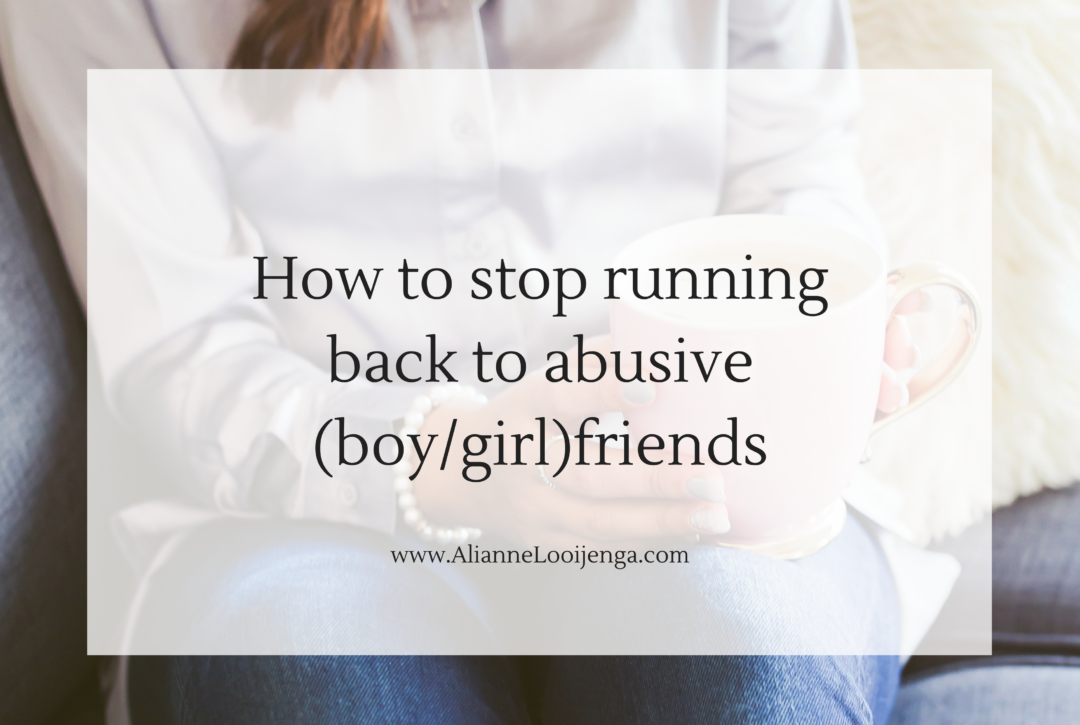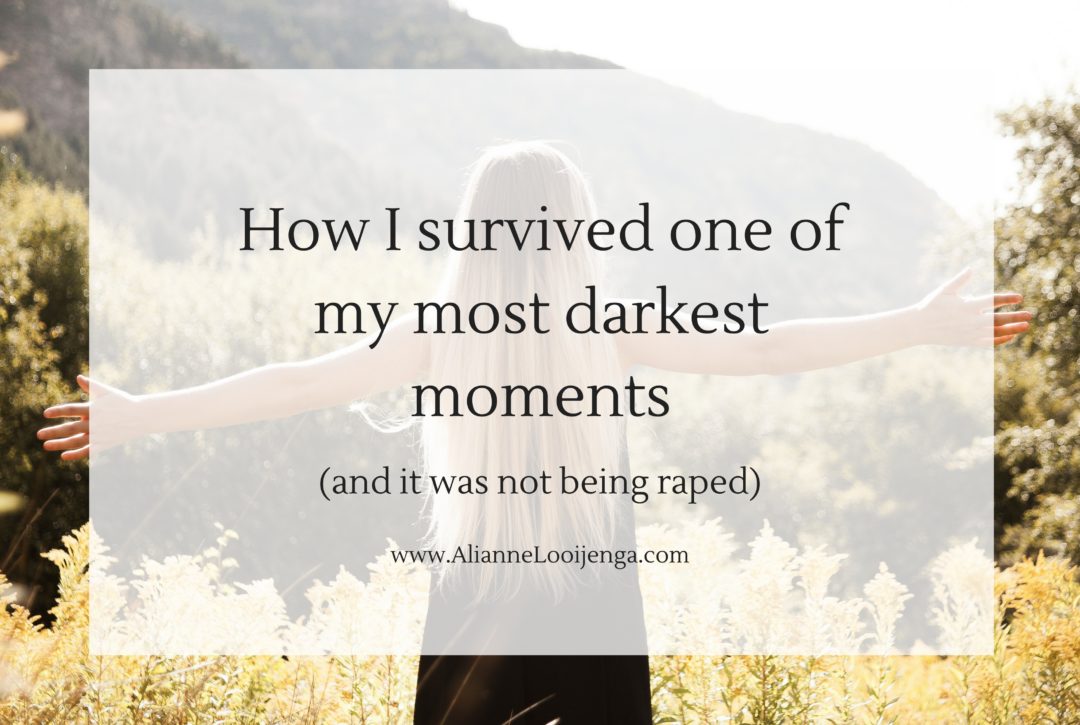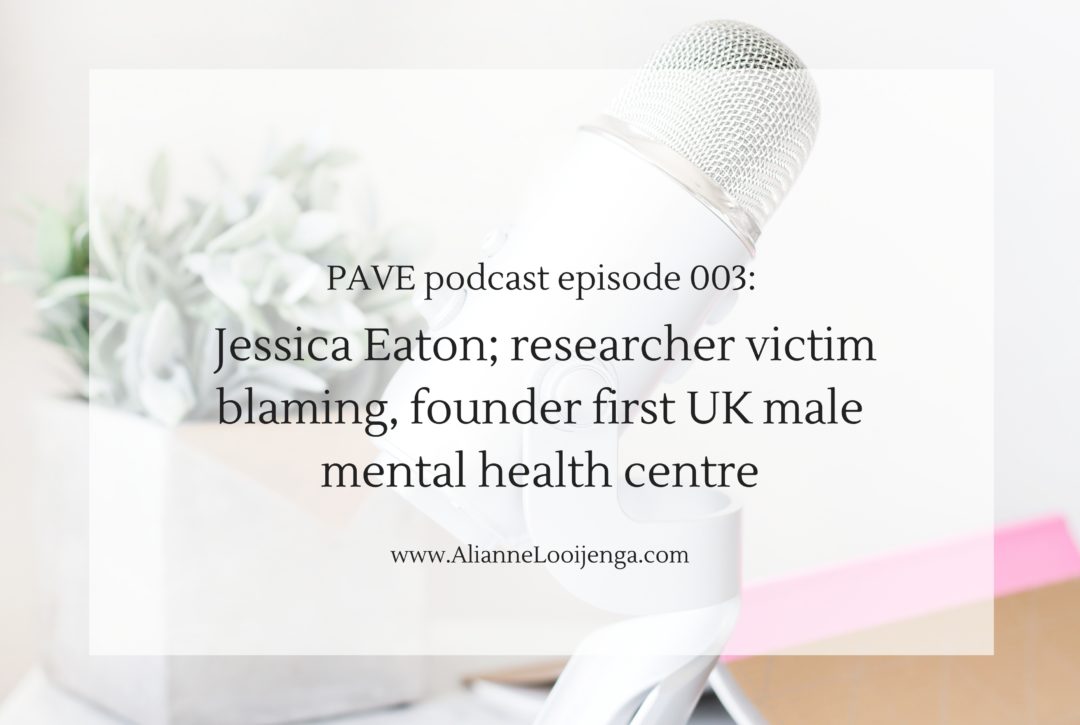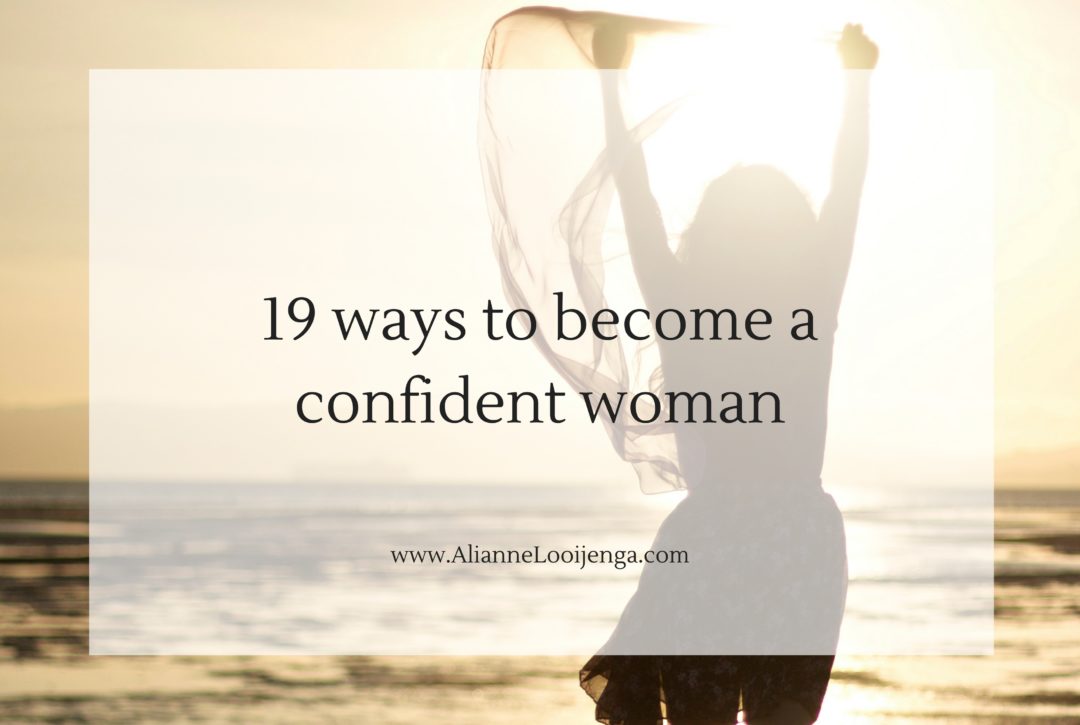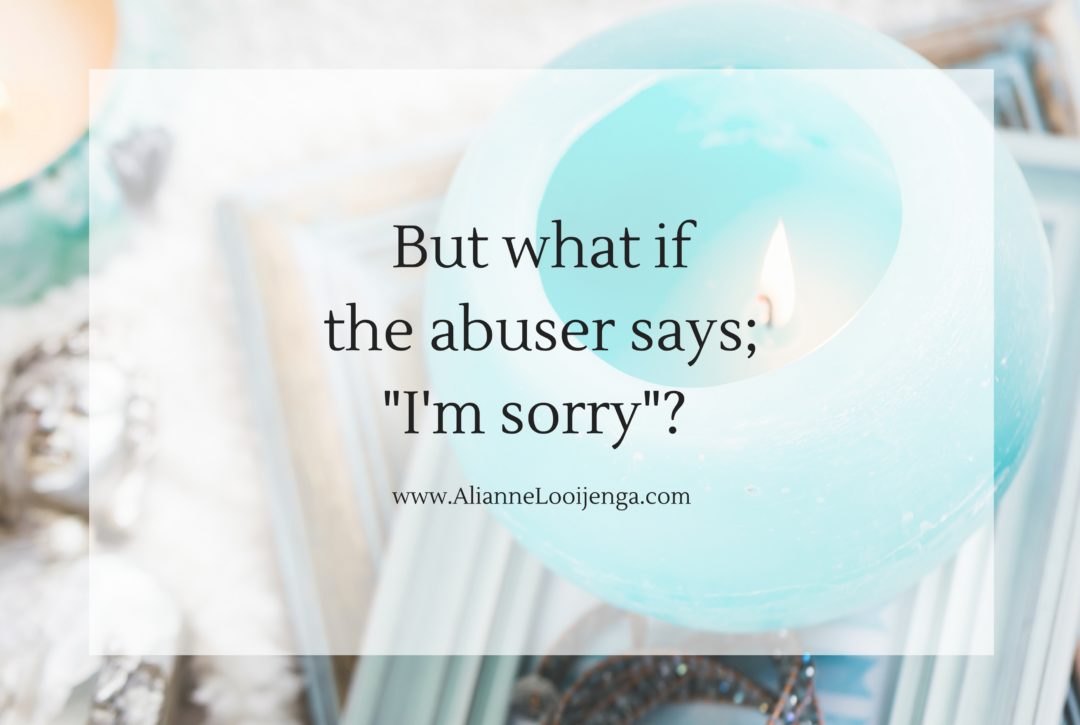One of the hardest things you do after a relationship with an abuser has ended, is talking with your children about their abusive father or mother. Sometimes it can feel if you have to weigh each and every word on a scale and if you are tiptoeing on a very thin string.
Perhaps you’re wondering whether you should bring up the topic when your child doesn’t mention it, how you can talk about what your ex-partner did to you, and what you should actually do with your own emotions. Below you can find a couple of tips. Choose the ones that feel right for you.
Set some ground rules with yourself
Just like there is an age restriction on tonnes of films, it should also exist in your imagination during conversations with your child. Your child is mentally not ready to hear all the horrible details of what their father did to you. You then push all kinds of adult emotions into a tiny body, and your child doesn’t have the mental capacity, nor the ability to handle it. Keep adult topics far away from your child’s ears. In my house I have the strict rule; subject A (which I never mention out loud) is only discussed at night when the children are asleep, and preferably when the children are staying elsewhere. My children don’t have to know that I was sexually abused for ten years and that that is the reason why my mother doesn’t cycle in the abuser’s street. They don’t have to know they were born early because I was abused by their progenitor. They have their own history with him, their own trauma, and that is bad enough. Apart from that, I just want to let them be children.
Find (independent) help
Many children have difficulties to talk about their emotions, so when you notice that in your own child, it is time to get help. Find an independent child psychologist to talk with your child.
Let them talk
When my children want to talk about it, I do this without judgement. I let them tell their story. I don’t interrupt their conversation by, for example, talking about myself. I don’t give them my vision, but when possible I provide them with support to continue talking. Sharing is good, and it gives me an idea of how far they’ve come in their development and trauma processing.
Safety first
I have not allowed my children to go with their biological father after they had been abused by him (about which you can read more here: http://www.aliannelooijenga.com/infringing-the-rules-despite-the-consequences/. Despite penalties, threats of juridical hostage, and increasing the penalties, I always put my children’s safety first.
I once told my children they would never have to see him again, which I started to regret when youth care forced me to let them see each other again. I had given them my promise and couldn’t keep myself to it. Nevertheless, I will never let them be alone again, since that is too dangerous.
Be honest towards your children.
When my son told me I wasn’t clever for having chosen such a stupid father, I agreed with him. I am honest about what happened in the process (though, of course, I don’t bother burden them with unnecessary insecurity).
Indicate your boundaries.
You don’t want your child to lose themselves in all kinds of nasty fantasies. Let your child finish, but do indicate your boundaries.
My children know the abuse is not their fault. Children always have the tendency to blame themselves, which is something I have been vigilant for from the very beginning.
Pay attention to your child’s drawings.
My children used to make drawings in which the abuser was very tall and they were very small. They also made drawings in which they drew him as very ugly, after which they crumpled up the paper and threw it away. Later they would make drawings in which they were very tall. When I saw them drawing something like that, I always joined them to talk about it. I gave them space so they could use their drawings to tell me what they were thinking. Of course, I thought the drawings were horrible, but by not reacting emotionally and by giving them my time and attention, they felt safe to tell their story.
Don’t force conversations;
let it come from your child. Forcing when a child isn’t ready will only cause your child to withdraw even more.
Praise your children.
Show your child that you see and recognize and understand his/her feelings. Give compliments. My children receive loads of compliments. About having dried the dishes well, that a shirt looks very nice, reminding them that they are strong etc. Together with them, I strengthen their self-image.
Watch your child.
Children pay an enormous amount of attention to the reaction of adults. Show your child that you believe (in) them and will be there for them and have their best interest at heart.
What if your child misses their father?
We have never been in that situation because at the moment when an affective bond should have developed (during the imposed moments of contact), that didn’t happen. But whatever your situation is; talk to your child about their emotions. Find the space in your heart to talk about the good moments that have happened, find neutral words (i.e. don’t say, “Well, and that moron of a dad of yours”, don’t play down the events and explain what you can.
Be patient.
Abuse is already hard to understand for an adult, but for a child it is completely unfathomable. Be patient if your child has put some walls in front of you or struggles with feelings of loyalty towards the abusive parent.
Discuss healthy boundaries.
Talk about how one should treat another. That it is never okay to physically, sexually or emotionally hurt another living being. And ofcourse, what your child should do and to whom your child should go when someone crosses those boundaries.
Empower your child
Humans have a tendency to tell themselves all kinds of negative things about why they are unworthy of something. And what you tell yourself, you will believe. So give your child some positive affirmations. Plant those little sentences in your child’s head. Rewire their brain and program empowerment in their brain. A few example of sentences you could use:
1.) I am loved
2.) I am strong
3.) I am worthy
4.) I am fierce
5.) I can acchieve anything
6.) I am save (but only if it is the right thing to say of course)
7.) I am powerful
8.) I have a beautiful soul
You can also listen to the video below or check out this website to find other affirmations for kids you can use. Remember to frequently tell your children the same affirmations so they will remember them.
Love,
Alianne
Morning Motivation Starting off with positive affirmations can set a great tone for how your day unfolds. Learning this from an early age can be very beneficial in the esteem and confidence of a child. We are all Destined for Greatness!
Posted by The DFG Movement on Wednesday, September 7, 2016
